Mental Health: Clear, Practical Guides on PTSD, ADHD, Depression and OCD
Trauma can change the brain, medicines can help, and stigma still hurts. Here you’ll find straightforward explanations, real symptoms to watch for, and practical steps you can take right now. If you’re looking for quick facts or deeper reads, this category groups our best posts so you can get useful help fast.
What we cover
We explain how conditions work, what treatment usually looks like, and what to expect from medications. Want the brain science behind posttraumatic stress disorder? Read our piece on how PTSD affects the hippocampus, amygdala, and prefrontal cortex. Curious about antidepressants? Our Dosulepin overview explains how it raises serotonin and norepinephrine, common side effects, and the typical timeline for improvement. If stigma around ADHD slows you down, we have clear writing on common myths and how to advocate for support. We also look at overlaps—like the link between OCD and PTSD—and why symptoms sometimes look alike.
Practical help you can use
Not sure if you need professional care? If intrusive thoughts, persistent low mood, or trouble concentrating interfere with daily life for weeks, see a clinician. For immediate steps: keep a simple symptom diary, set small daily goals, and reach out to one trusted person. If you’re on medication, don’t stop suddenly—talk with your prescriber about side effects and timing.
Therapies that often work include cognitive-behavioral therapy (CBT), exposure-based methods for trauma and OCD, and habits-focused coaching for ADHD. Medications can reduce symptoms while therapy teaches skills that last. Our posts explain these options in plain language so you can ask better questions at your appointment.
Want quick takeaways? PTSD often increases fear responses and affects memory processing. Dosulepin boosts serotonin and norepinephrine but may cause drowsiness or dry mouth. ADHD stigma is usually wrong—this is a real, treatable condition, not laziness. OCD and PTSD can both cause intrusive thoughts; the cause and best treatment can differ, so accurate diagnosis matters.
We aim to keep things practical: short explainers, clear side-effect lists, and steps to find help. Read article summaries, then click into full posts for details, patient tips, and real-world examples. If you’re unsure about a medication or diagnosis, use our pieces to prepare questions for your clinician.
Want to stay informed? Bookmark this category and check back for new posts. Your mental health matters—get clear info, ask good questions, and reach out when symptoms climb. We’re here to help you find safe, reliable answers.
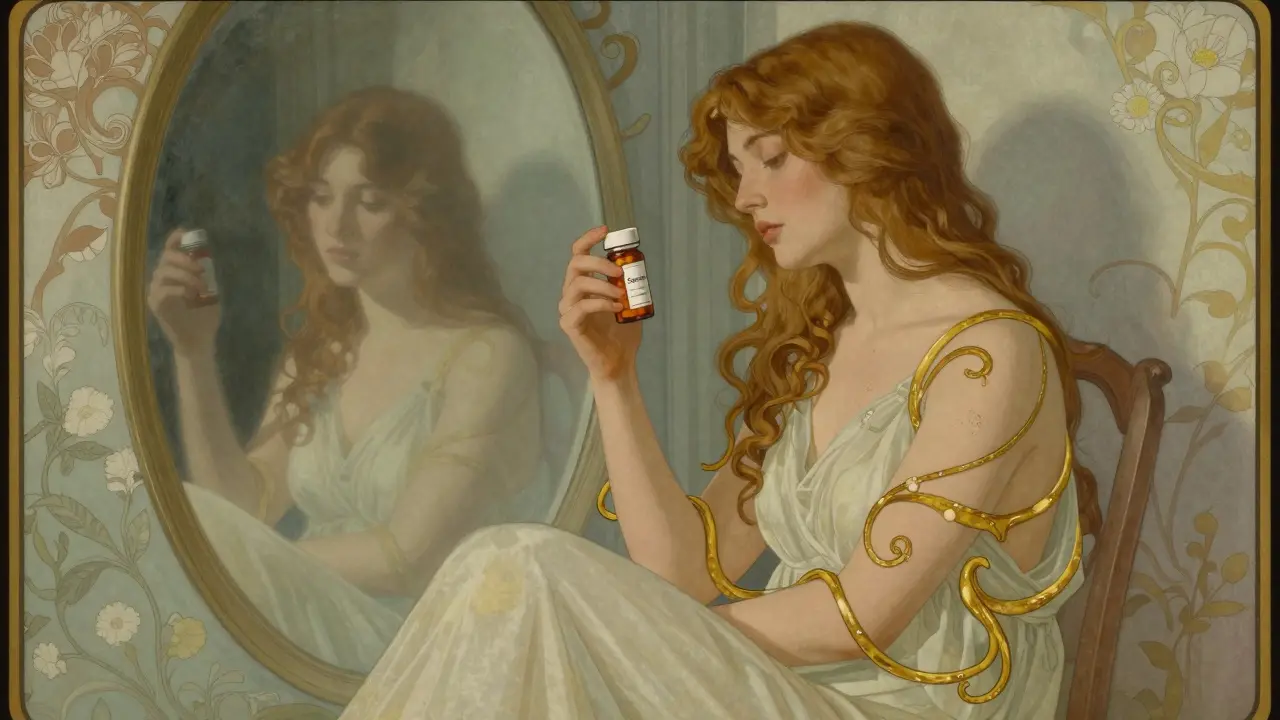
Medication Switching: How Changing Psychiatric Drugs Affects Your Mind
Changing psychiatric medications can trigger emotional distress, loss of identity, and withdrawal symptoms-even when the new drug is chemically similar. Learn why the psychological impact of switching meds is often worse than the medication itself.

How Weakness Fuels Courage: A Practical Guide
Explore how identifying personal weaknesses can spark genuine courage, with practical steps, a comparison table, and FAQs to help you turn vulnerability into growth.
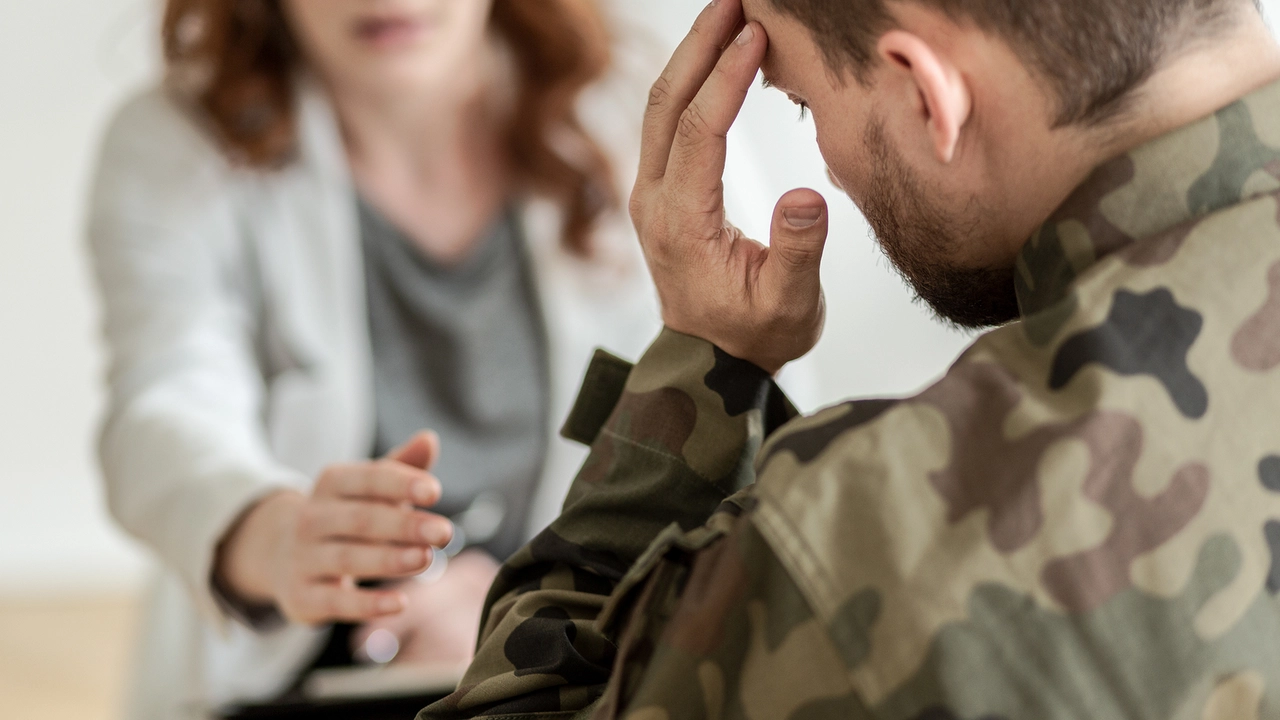
The Science Behind Posttraumatic Stress Disorder: What Happens in the Brain?
As a blogger, I've been fascinated by the science behind Posttraumatic Stress Disorder (PTSD) and how it affects the brain. PTSD is a mental health condition that can develop after experiencing or witnessing a traumatic event, causing intense feelings of fear, helplessness, or horror. Research has shown that PTSD can actually alter the brain's structure and function, particularly in areas responsible for memory and emotion regulation. Some of these changes include a decrease in hippocampal volume, increased amygdala activity, and dysregulation of the prefrontal cortex. Understanding the science behind PTSD is crucial in developing effective treatments and helping those who suffer from this debilitating condition.
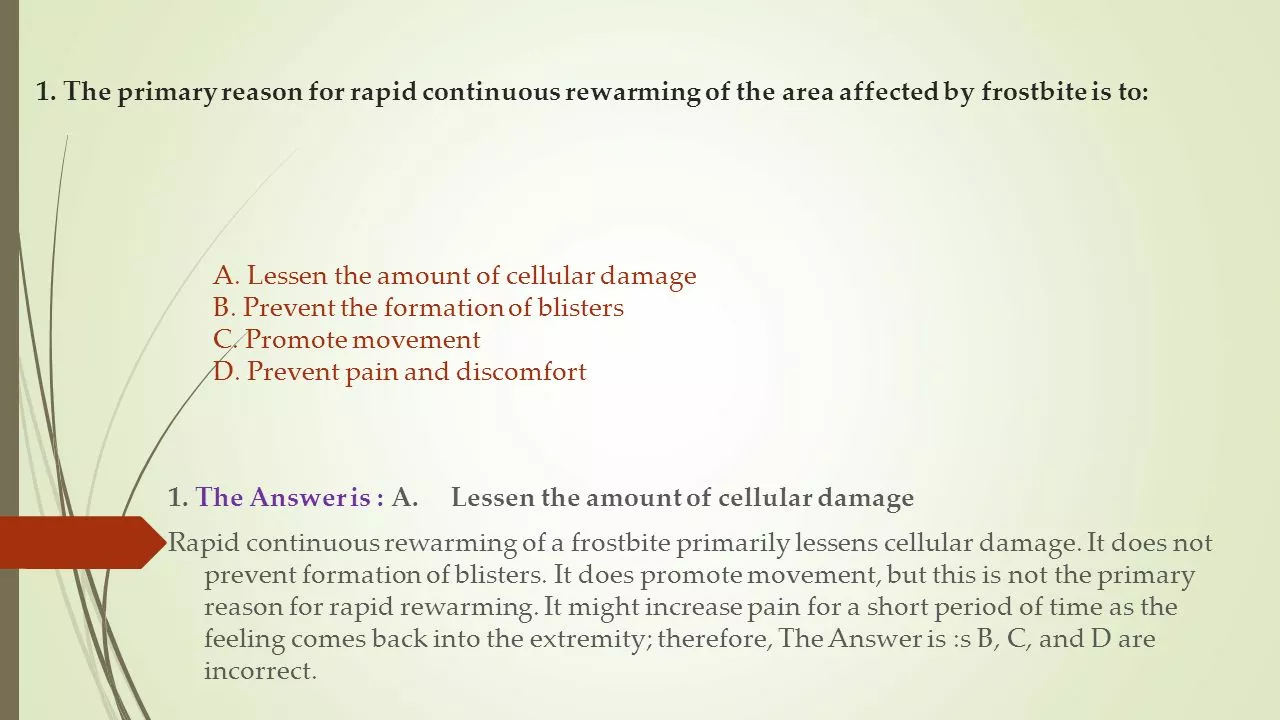
Dosulepin for Depression: How It Works and What to Expect
As a blogger, I recently came across the antidepressant medication Dosulepin and I wanted to share my findings with you all. Dosulepin works by increasing the levels of serotonin and norepinephrine in our brains, which helps elevate our mood and alleviate depression symptoms. If you're considering this medication, it's important to note that it may take a few weeks to see noticeable improvements. Some common side effects include drowsiness, dizziness, and dry mouth, but these should subside as your body adjusts to the medication. Remember, always consult your doctor before starting any new medications to ensure it's the right fit for you.
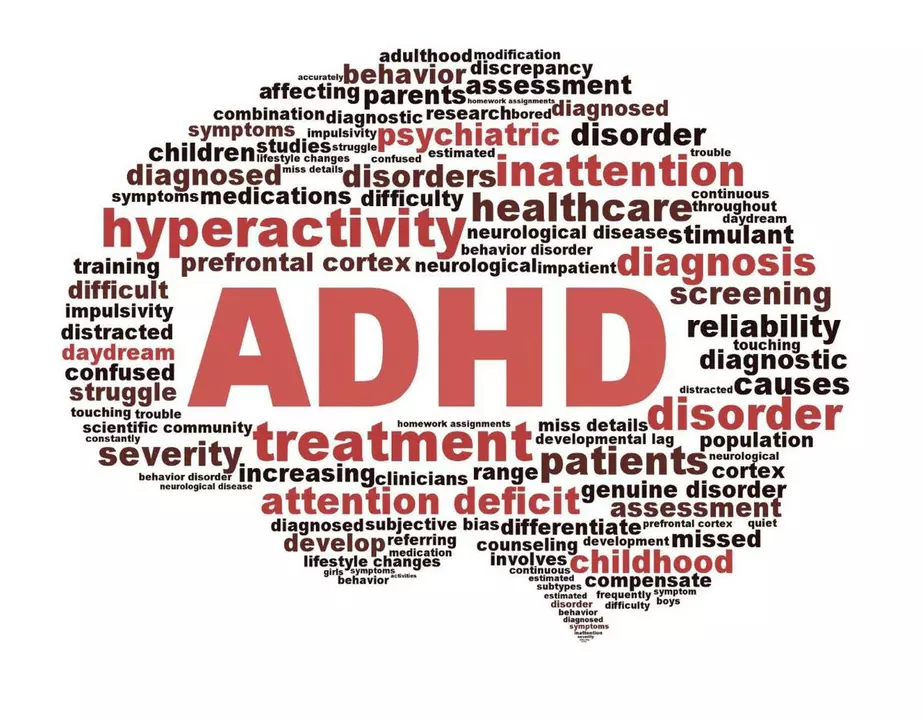
The Stigma Surrounding Attention-Deficit Hyperactivity Disorder
As a blogger, I feel compelled to address the stigma surrounding Attention-Deficit Hyperactivity Disorder (ADHD), which continues to negatively impact those diagnosed. The misconceptions that ADHD is a result of poor parenting or that it's not a real disorder need to be debunked. I believe that through raising awareness and sharing accurate information, we can create a more empathetic and understanding society. This will enable those with ADHD to receive the necessary support and resources to thrive. Let's all do our part in breaking down the barriers and stereotypes surrounding ADHD.
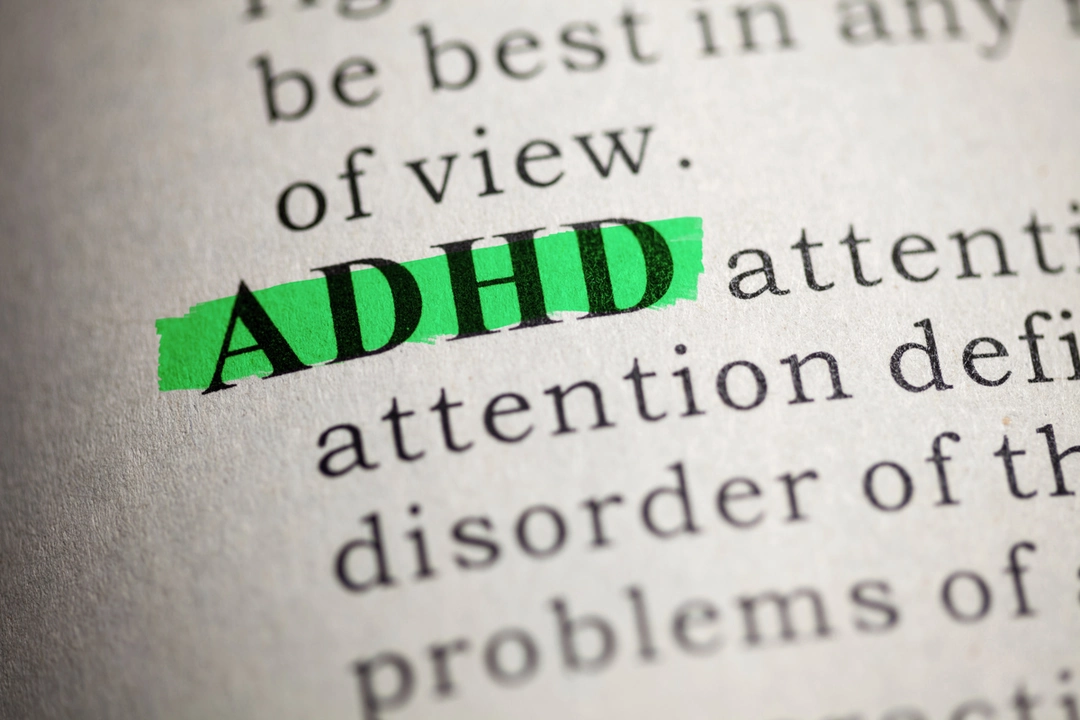
The Stigma Surrounding Attention-Deficit Hyperactivity Disorder
As a blogger, I've noticed that the stigma surrounding Attention-Deficit Hyperactivity Disorder (ADHD) continues to persist in our society. Many people still misunderstand the condition, often labeling those with ADHD as lazy or simply not trying hard enough. This stigma can lead to feelings of isolation and shame for those affected. I believe it is crucial to educate ourselves and others about the realities of ADHD, and to challenge stereotypes and misconceptions. By doing so, we can create a more supportive and understanding environment for those living with ADHD.
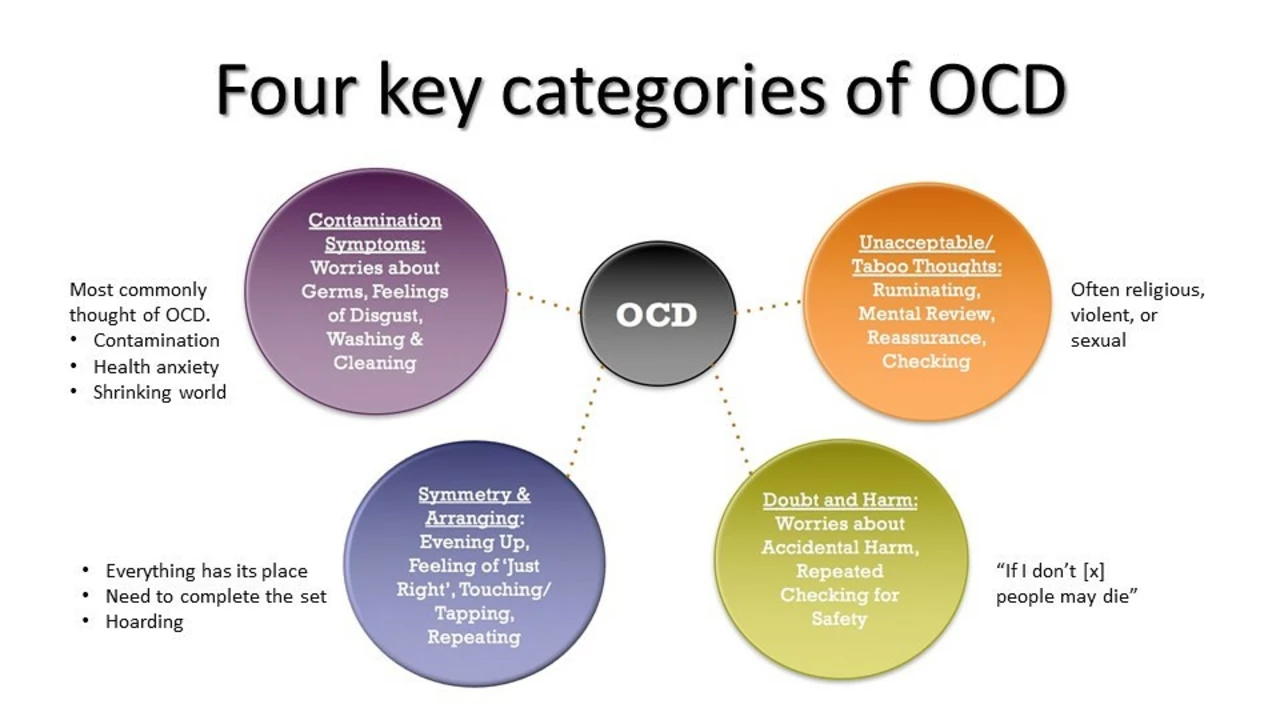
The Link between OCD and Post-Traumatic Stress Disorder (PTSD)
As I researched the link between OCD and PTSD, I discovered that these two disorders are strongly connected, often due to shared traumatic experiences. Both conditions can manifest in repetitive, intrusive thoughts and compulsive behaviors, which can make it difficult to distinguish between the two. In some cases, OCD develops as a coping mechanism after experiencing a traumatic event, resulting in PTSD. Treatment for both disorders often involves exposure therapy and cognitive-behavioral therapy to help individuals manage their symptoms. It's crucial to seek professional help to determine the appropriate diagnosis and treatment plan for those struggling with these interconnected mental health issues.
© 2026. All rights reserved.
